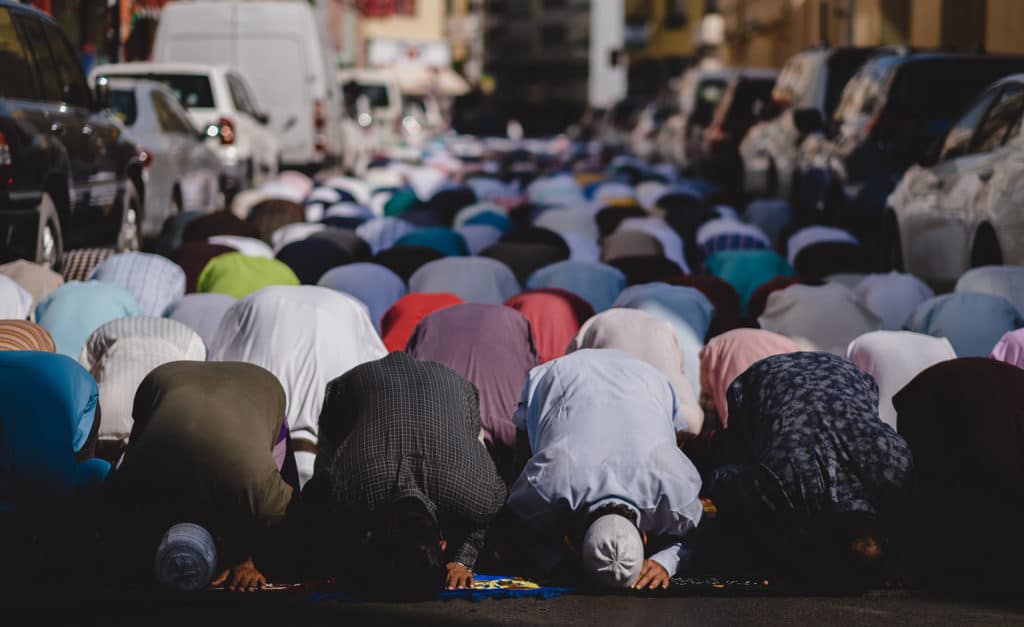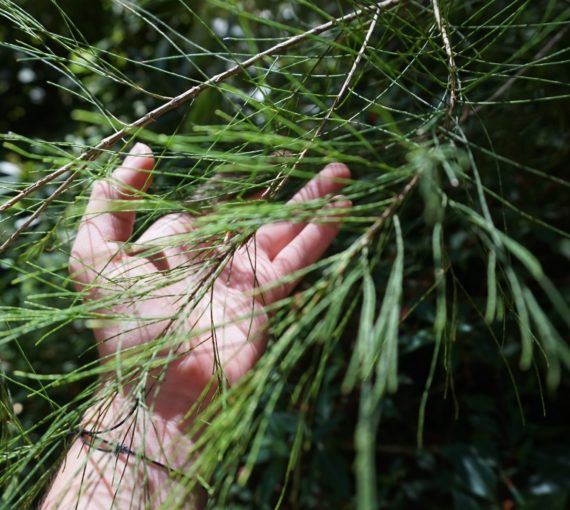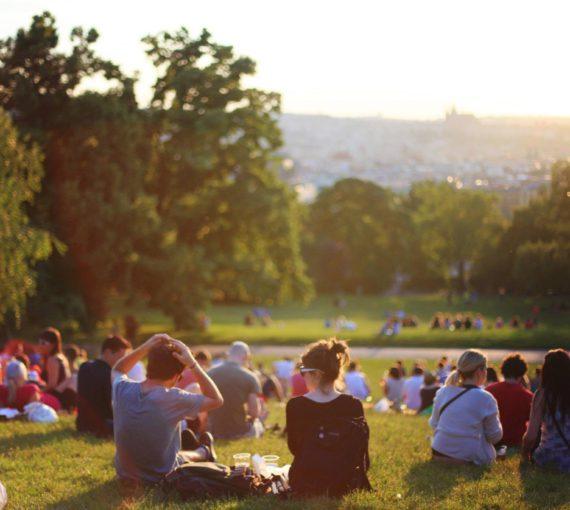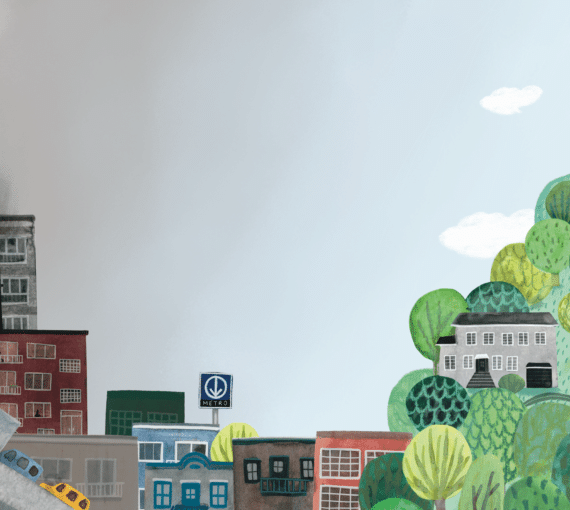
In nature, everything depends on everything else. The environmental movement is no different. To spread the message of ecological conservation and climate change, it must also recognize and fight against the hate.
The environmental movement advocates for protection of the people and places we love, but what happens if those people are in danger every time they step out of the house? March 15 is the International Day to Combat Islamophobia and the anniversary of the horrific mosque shooting in New Zealand in 2019, in which 51 people were killed and 40 injured.
Canada is no stranger to Islamophobia, as can be seen through the various attacks on mosques through the years. One of the most recent attacks was the 2021 mass murder of a family in London, Ontario, that shook Muslim Canadians to the very core — me included.
What does this have to do with environmental action?
Beyond a fight for the planet, environmentalism is a fight for safety and survival. But it’s a fight that won’t succeed if it can’t protect the very people it’s aiming to serve.
The environmental movement needs to recognize the role it must play to combat Islamophobia and remain true to its central mission: protecting people and planet.
There is clear evidence that minorities bear the brunt of the consequences of climate change. Islam is among the most common religions of minority ethnic communities. It’s the second most reported religion in Canada after Christianity. The environmental movement needs to recognize the role it must play to combat Islamophobia and remain true to its central mission: protecting people and planet.
Being an ally for the cause only strengthens the environmental movement, as practicing Muslims draw on their principles of faith that call for harmony among all creation and to care for generations to come.
You could say that at their core, Muslims are environmentalists waiting to be engaged.
In the case of environmental action, it was found that minority communities, including Muslims, often felt loneliness, isolation and cultural taxation when trying to engage.
Research has shown that the ways in which society engages with marginalized views of conservation can significantly affect whether or not people will continue to support a cause. In the case of environmental action, it was found that minority communities, including Muslims, often felt loneliness, isolation and cultural taxation when trying to engage.
Environmentalists often aim to garner support for their cause by encouraging people to engage with nature. First-hand opportunities to connect with nature are a strong predictor of environmental activism, but how can one ignore the threat that lies for many if they were to be visible in such spaces?
An EKOS poll on Islamophobia found that Canadians were the most uncomfortable with the hijab when asked about religious garments (including the cross, turban or kippah). While symbolically there is little difference between religious garments as they can be viewed as a commitment to one’s faith, the poll shed light onto the distinct discomfort Canadians had with the hijab and how it could relate to reports of Muslims that are propagated within news and other media.
Given Islam’s central focus on protecting and conserving nature, there is no compelling reason to justify the lack of support the environmental movement gives to combatting Islamophobia.
In nature, everything depends on everything else. The environmental movement is no different. To spread the message of ecological conservation and climate change, it must also recognize and fight against the hate and anger that Islamophobia promotes.
Human expression is one of the key elements that allows for bonds and friendships to flourish.
One way that organizations, people and activists can combat Islamophobia while engaging in environmental work is to ask themselves if they are truly designing a culture in which others would feel welcome, represented and safe.
Human expression is one of the key elements that allows for bonds and friendships to flourish. By creating spaces that allow for Muslims to feel comfortable in their expression of faith and connection with nature, you are allowing a culture in which diverse people can feel safe and can help build a community where everyone treats each other with love and care.
I pray that the work I do is able to create such spaces, and that others will join me in condemning Islamophobia as we sit with grief for the innocent lives it has already taken.
Asalamo-alaikum.
May peace be with you.
Our work
Always grounded in sound evidence, the David Suzuki Foundation empowers people to take action in their communities on the environmental challenges we collectively face.



